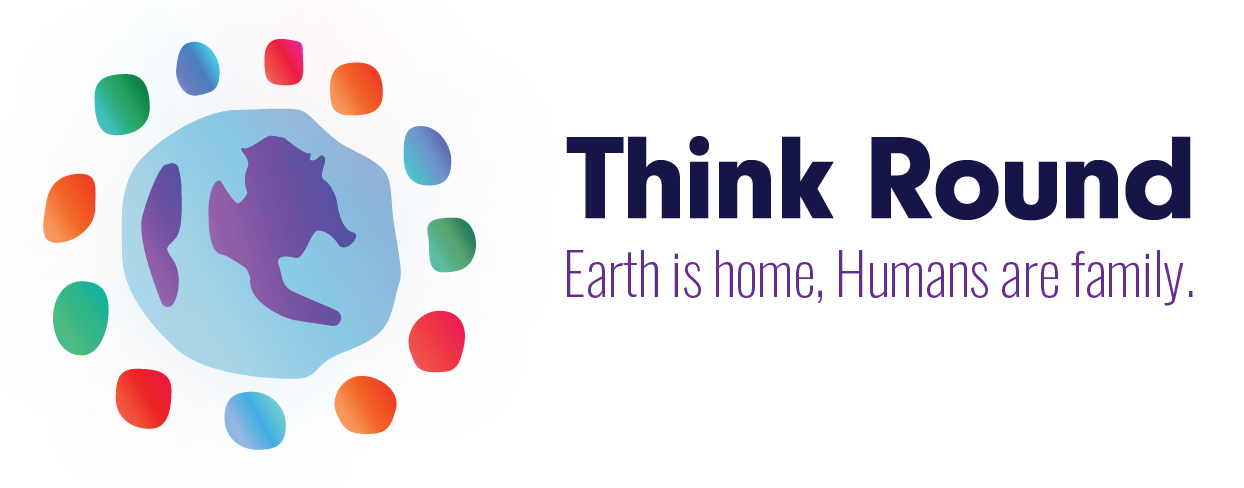What are ACEs, and why are they so important?
ACEs stand for Adverse Childhood Experiences. Though we can shake off some awful experiences, many will suffer harmful effects across a lifetime. ACEs can have a profound and lasting impact on physical and mental health. The more ACEs, the greater the risk of negative outcomes like Heart Disease, depression, anxiety, and diabetes.
The concept of ACEs was first developed through a study conducted by the Centers for Disease Control and Prevention (CDC) and Kaiser Permanente in the 1990s. Recently, California's Surgeon General Nadine Burk-Harris recognized that ACEs are a dire, widespread epidemic that harms generation after generation and costs our society on multiple levels. Sometimes, adverse experiences can be dismissed, and life goes on. Other times, the same type of negative experience can traumatize a victim for a lifetime without leaving a mark. These Adverse Childhood experiences can twist our minds and keep hurting the victim (and people in their life) even decades later.
The original ACEs study identified ten types of adverse childhood experiences:
Physical abuse: Physical harm or injury inflicted by a parent or caregiver.
Sexual abuse: Inappropriate or non-consensual sexual contact with a child.
Emotional abuse: Psychological maltreatment, such as constant criticism, humiliation, or rejection.
Physical neglect: Failure to provide for a child's basic physical needs, such as food, shelter, and clothing.
Emotional neglect: Failure to provide emotional support, love, and nurturing.
Household dysfunction: Exposure to a range of adverse circumstances within the household, such as domestic violence, substance abuse, mental illness, or incarceration of a family member.
Substance abuse within the household: Living with a parent or caregiver who abuses drugs or alcohol.
Mental illness within the household: Living with a parent or caregiver who has a mental health disorder.
Parental separation or divorce: The separation or divorce of a child's parents.
Incarceration of a household member: Living with a family member who has been in prison.
_________________________
Research has shown that individuals who experience four or more ACEs are at greater risk for a wide range of health issues, including mental health disorders (depression and anxiety), substance abuse, and chronic diseases (like heart disease and diabetes). Aces also predict early mortality.
If we want to live in peaceful environments and enjoy good relationships, we need to understand ACEs. As healthcare professionals, educators, policymakers, and communities learn more about healing ACEs, we can develop strategies to support children and families. In part, ThinkRound began to mitigate the long-term effects of these adverse experiences. ThinkRound's motto is 'Earth is Home, and Humans are Family.' Join us and be part of the solution. Early intervention and education will help all of us, particularly those suffering from ACEs. Join ThinkRound as we help people recover and lead healthier, more fulfilling lives.
